This Is What Scares People Most in the U.S.

We all have things that spark feelings of fear and anxiety. It’s normal to have reactions to unfamiliar places and situations, and to have trepidation about outcomes that are unknown or uncertain. But when healthy fear turns to irrational fear and begins to hinder your ability to carry on through your day-to-day life, then it’s more than likely that you’re dealing with a phobia, which Harvard Health defines as “a persistent, excessive, unrealistic fear of an object, person, animal, activity or situation.” And to see what the most common phobias in the country are, we consulted a recent study from YourLocalSecurity.com, which identified 15 of the most common phobias in the United States and used Google Trends to identify the most searched for fear in each state. Read on to discover what scares people most in the U.S.
RELATED: This Is What Scares People Most in Every State.
5
Outside (tie)
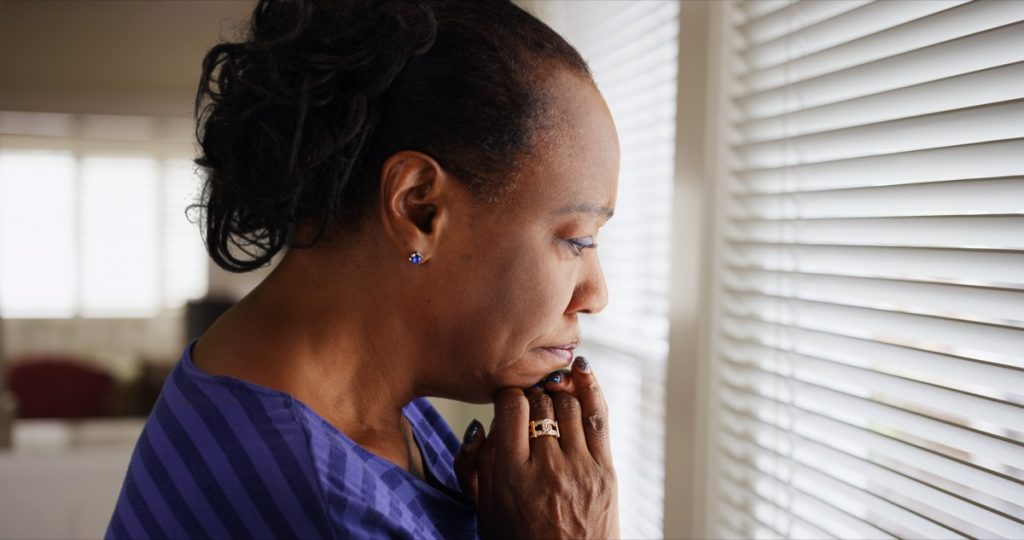
States where this is the top fear: Three
If you have a fear of leaving the house or entering unfamiliar outside environments, you may have agoraphobia, which the Mayo Clinic defines as “a type of anxiety disorder in which you fear and avoid places or situations that might cause you to panic and make you feel trapped, helpless or embarrassed.”
With it being the top-searched phobia in three states—Connecticut, North Dakota, and South Dakota—it is tied for the fifth most common phobia in the U.S.
5
Spiders (tie)
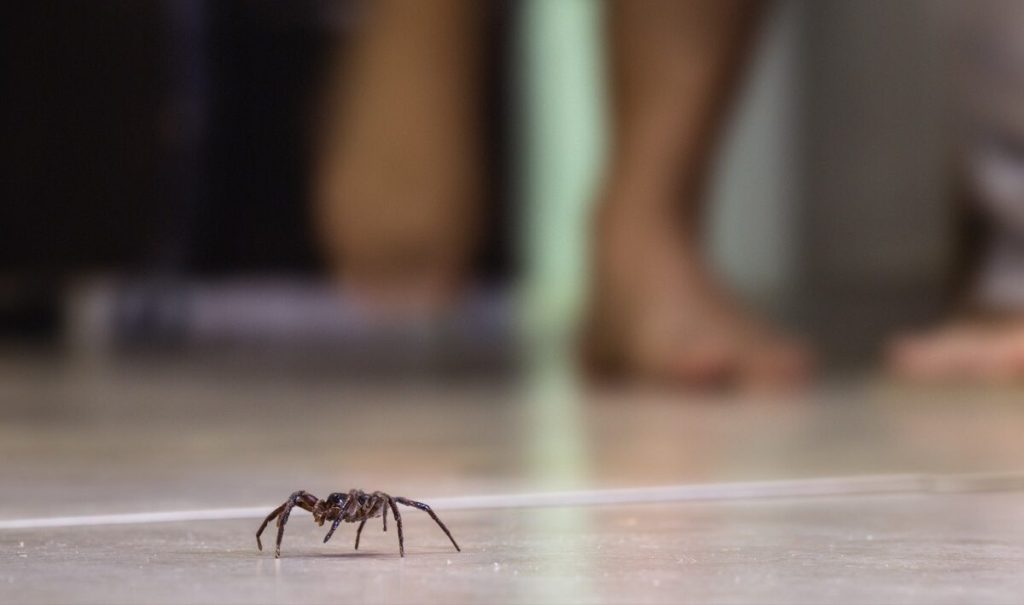
States where this is the top fear: Three
Tying with the fear of the outside, also known as agoraphobia, is the fear of spiders, otherwise known as arachnophobia. Like agoraphobia, arachnophobia was the most searched for fear in three states, according to the YourLocalSecurity study—New Hampshire, Oklahoma, and South Carolina.
According to Medical News Today, arachnophobia is “an intense, paralyzing fear where someone actively avoids contact with spiders. This can impact a person’s day-to-day life as it restricts where they can go and what they can do.”
In addition, oftentimes the fear “extends beyond meeting an arachnid in real life. Even mentioning or seeing pictures of spiders can trigger a fear response in people with arachnophobia.”
RELATED: Leaving This One Thing in Your Bathroom Is Attracting Spiders, Experts Warn.
4
Intimacy

States where this is the top fear: Four
An inability to foster or maintain genuine relationships—whether they be romantic, friendly, or familial—may be driven by a deeply rooted fear of intimacy, which is the fourth most common fear in America, according to the YourLocalSecurity study. In fact, it was the most searched for fear in Iowa, Maryland, New Jersey, and New York.
What makes the fear of intimacy especially unique is that you may not even know you have it.
“A fear of intimacy is often unconscious and affects a person’s ability to form or maintain close relationships,” a doctor-reviewed article on WebMD says. “They don’t intentionally reject love from another. Instead, they may behave in ways that create stress in a relationship, resulting in an early end, before any deeper intimacy can develop. This affects not just romantic relationships but also friendships and family relationships.”
3
Water
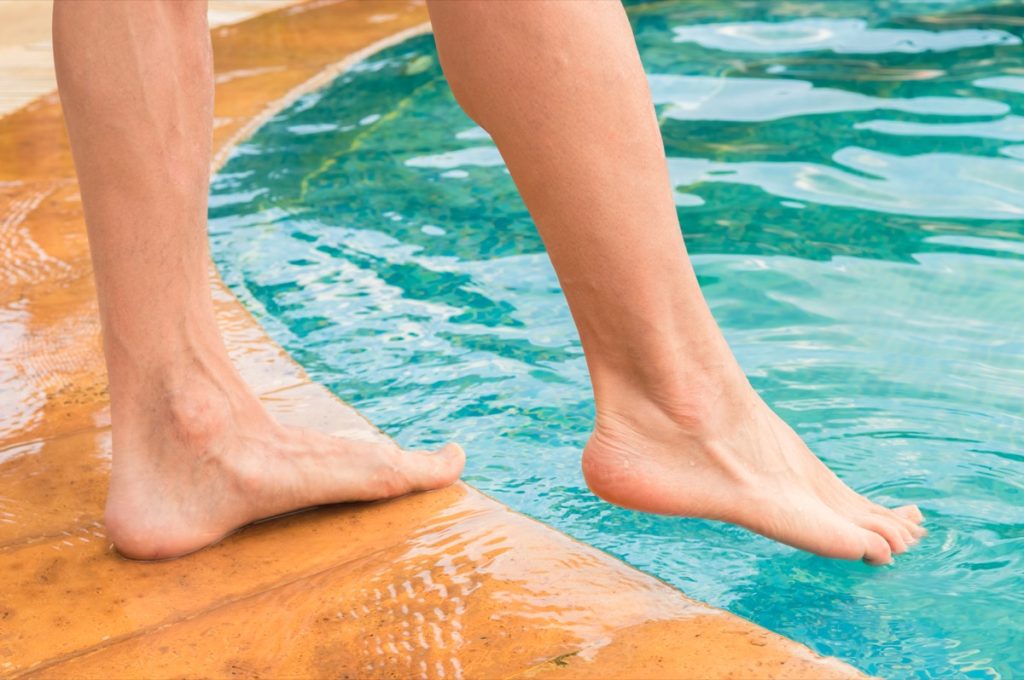
States where this is the top fear: Seven
Aquaphobia, or the fear of water, is the most Googled phobia in seven of the 50 states: Indiana, Kentucky, Louisiana, Michigan, North Carolina, Oregon, and Pennsylvania.
According to Medical News Today, “A person may develop aquaphobia after an emotional or traumatic experience in or near water. It is also possible that a child might internalize an observed phobic response from a parent or caregiver.”
The good news is that the fear is highly treatable with methods such as exposure therapy and cognitive behavioral therapy, or CBT.
For more interesting information sent straight to your inbox, sign up for our daily newsletter.
2
Blood
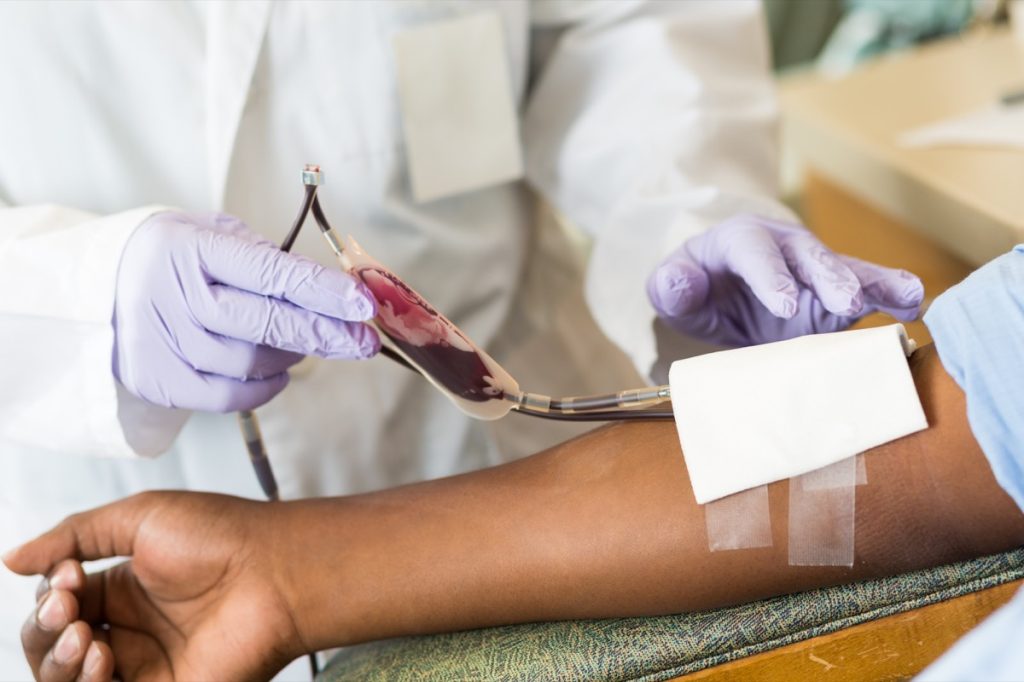
States where this is the top fear: Nine
The sight of blood, whether it be our own or someone else’s, can be an unsettling experience. So, it’s no surprise that some people have a serious fear of the life-giving substance. So many, in fact, that it is the second most common fear in the U.S., according to the YourLocalSecurity study.
Hemophobia, or “the irrational fear of blood,” is the most searched for fear in California, Florida, Georgia, Illinois, Missouri, Nevada, Tennessee, Texas, and Washington.
1
Failure
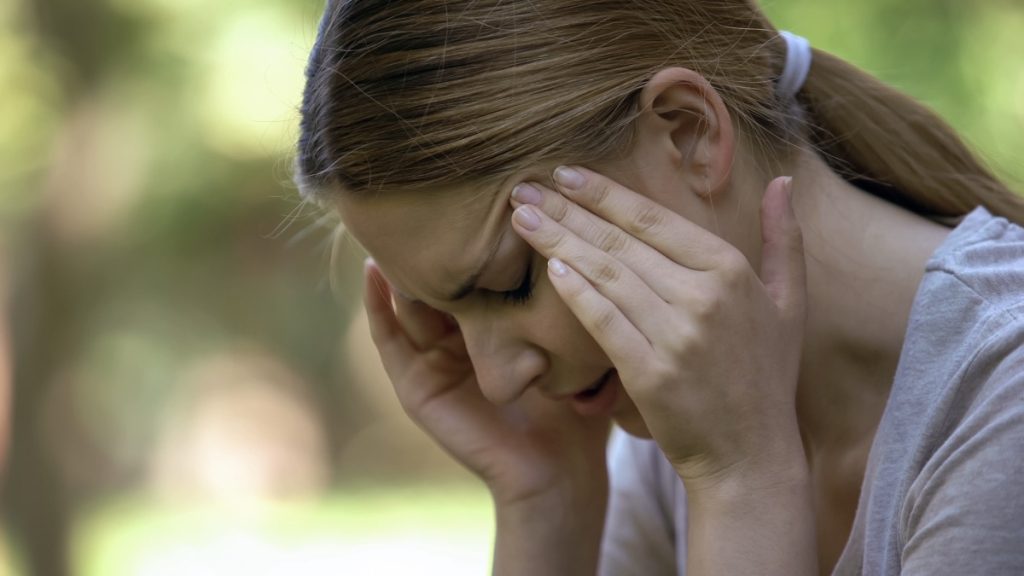
States where this is the top fear: 10
The fear of failure, otherwise known as atychiphobia, is the most common phobia in the U.S., according to the YourLocalSecurity study. It was the most Googled fear in Alabama, Alaska, Colorado, Massachusetts, Minnesota, Nebraska, Ohio, Vermont, Virginia, and Wisconsin.
Atychiphobia is defined as an irrational and persistent fear of failing, according to Heathline. If you have it, you may experience physical symptoms such as difficulty breathing, rapid heart rate, sweating, trembling, and dizziness. In addition, emotional symptoms such as panic, anxiety, feeling powerless or detached, and feeling trapped may arise.
RELATED: If You Live Here, Prepare for a Massive Influx of Snakes, Authorities Warn.